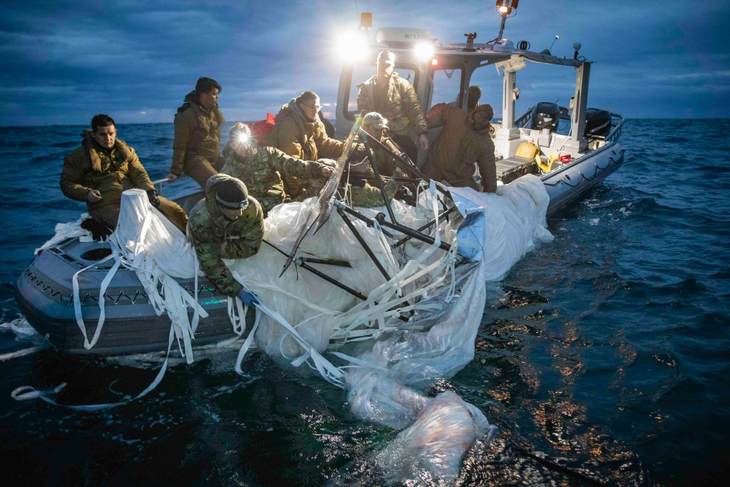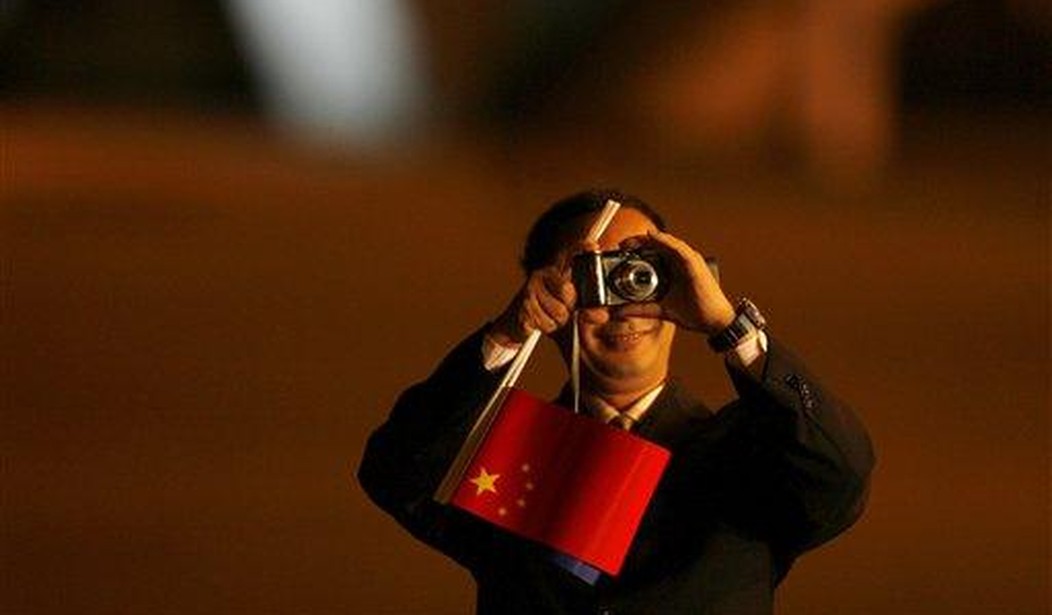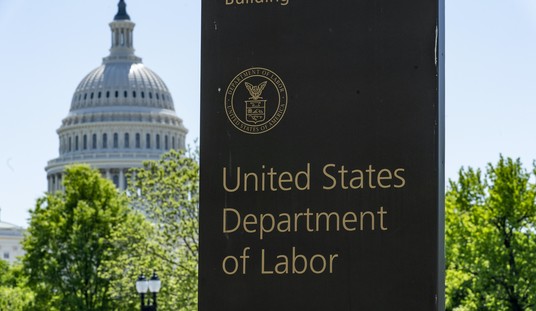In a shocking development, Cuba has agreed to allow China to build a spying facility on the island. This move will grant the Chinese unfettered access to intercept electronic communications throughout the southeastern United States, according to a source familiar with the highly classified intelligence. The U.S. learned about the plan in the last weeks, and it remains unclear whether China has already begun constructing the surveillance facility.
Regrettably, this is not the first instance of China attempting to infiltrate and spy on the United States’ electronic communications, commonly known as signals intelligence. As previously reported, in February, a Chinese spy balloon traveled over the U.S., including sensitive military locations, and was equipped with the capability to gather signals intelligence and transmit it back to Beijing in near-real time. In response, the U.S. ultimately intercepted and destroyed the balloon, and the Chinese government demanded its remnants be returned.

While an eavesdropping base in Cuba is certainly a national security risk, China has already established covert outposts within the U.S. itself. These secret police stations, which the Biden administration has recently begun cracking down on, serve as an ominous reminder of China’s audacity.
Read More:
LEAKED: Emails Show Biden State Department Sought to Protect China During Spy-Balloon Fiasco
Turns out There Are at Least 6 More of Those Chinese ‘Police Stations’ Operating in the U.S.
The United States also conducts spying missions in proximity to China, employing reconnaissance aircraft in international airspace that engages in electronic eavesdropping. Recently, a Chinese fighter jet pulled a hostile move on one of the U.S. reconnaissance aircraft. U.S. Indo-Pacific Command said in a statement that the Chinese J-16 fighter jet “flew directly in front of the nose of the RC-135, and called the maneuver “unnecessarily aggressive.”
The video of this incident was released by the Department of Defense. The U.S. pilot can be heard on the radio transmission saying:
I am a United States Military aircraft conducting lawful military activities outside national airspace. I am operating with due regard as required under international law.
The revelation of a potential Chinese outpost in Cuba comes at a time when relations between the United States and China have deteriorated.
In an effort to re-establish a diplomatic relationship, the United States sent CIA Director Bill Burns on a secret trip to Beijing, last week. In a press briefing on Monday at the White House, National Security Council Coordinator for Strategic Communications John Kirby attested that the U.S. Senior Director for China, Sarah Beran, and Dan Kritenbrink from the State Department were in Beijing that day. Secretary of State Antony Blinken is expected to make a visit to China in the coming weeks.
Last week, China’s defense chief not only rebuffed a meeting request from U.S. Secretary of Defense Lloyd Austin at the Shangri-La Dialogue Asian security summit but also issued a warning to the United States to cease its operations near Chinese waters and airspace.
During Day two of the Shangri-la discussions, Chinese Defense Minister Li Shangfu brazenly advised:
The best way to prevent this from happening is that military vessels and aircraft not come close to our waters and airspace… Watch out for your own territorial waters and airspace, then there will not be any problems.
The Biden administration has largely ignored Cuban relations, except for talks on immigration issues. Relations with the Cuban regime under the Obama administration were attempted, but then came the “Havana Syndrome” illness that affected U.S. diplomats in the Cuban capital. The Trump administration relisted Cuba as a state sponsor of terrorism, inevitably increasing tensions with the island nation’s government.
Related:













Join the conversation as a VIP Member